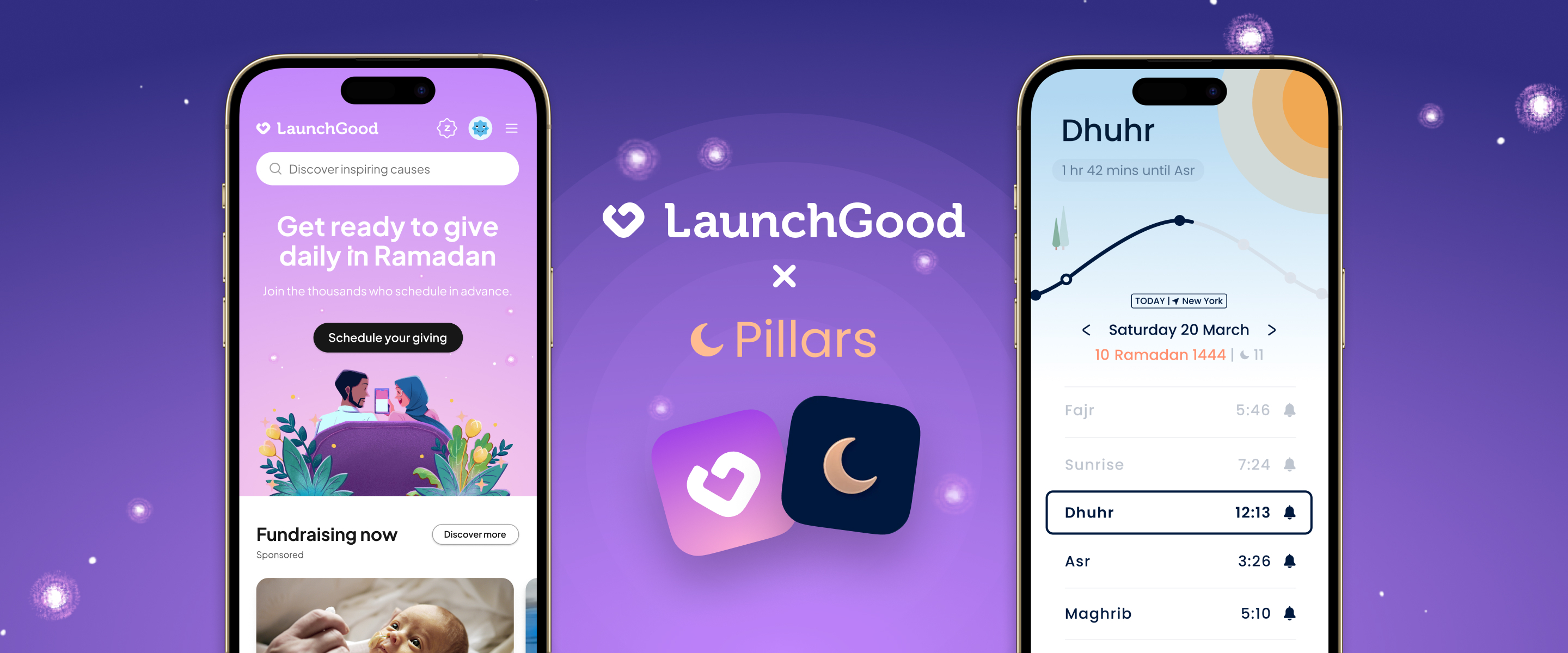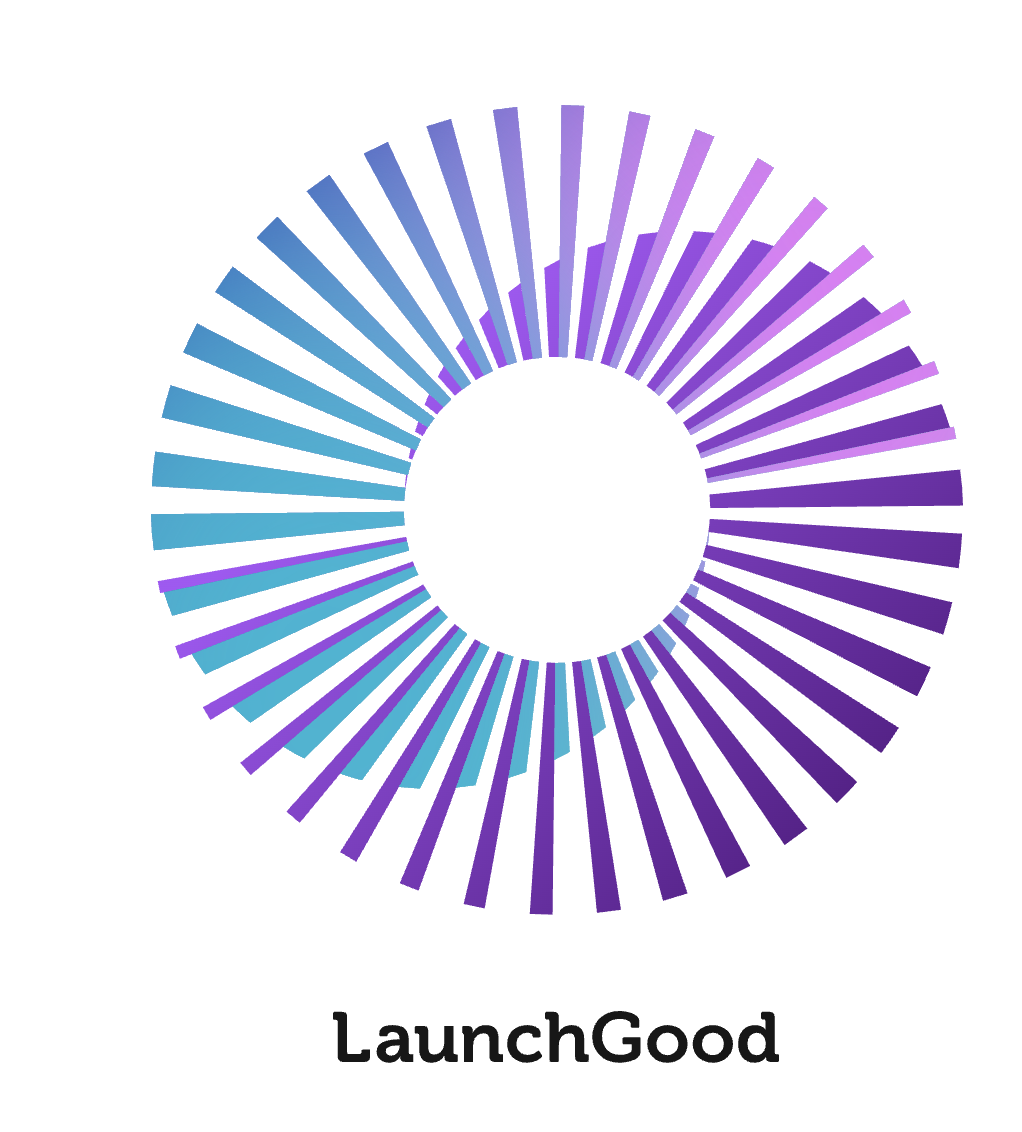What is Zakat
Zakat is an arabic term that means purification. There are several types of Zakat:
- Zakat Al Nafs: Purifying your soul
- Zakat al Ilm: Purifying your knowledge
- Zakat al Fitr - Purifying your fast
Typically, when we say Zakat we usually mean Zakat al Mal - purifying your wealth. When we have money in savings that lasts with us for more than a year then we take 2.5% of that savings and give it away to one or more of the eight categories outlined in Surah Taubah, verse 60.
إِنَّمَا الصَّدَقاتُ لِلفُقَراءِ وَالمَساكينِ وَالعامِلينَ عَلَيها وَالمُؤَلَّفَةِ قُلوبُهُم وَفِي الرِّقابِ وَالغارِمينَ وَفي سَبيلِ اللَّهِ وَابنِ السَّبيلِ ۖ فَريضَةً مِنَ اللَّهِ ۗ وَاللَّهُ عَليمٌ حَكيمٌ
“Zakat is for the poor and for the needy and for those employed to collect (Zakat). And for those whose hearts will be brought together (for Islam) and for slaves and for those in debt and for (those) on the Way of Allah and for the travelers - an obligation by Allah. And Allah is All-Knowing, All-Wise.”
Who can I pay Zakat to?
Allah Almighty mentioned in the Quran eight categories who are eligible to receive zakat. In Surah at-Tawbah we read:
۞ إِنَّمَا ٱلصَّدَقَـٰتُ لِلْفُقَرَآءِ وَٱلْمَسَـٰكِينِ وَٱلْعَـٰمِلِينَ عَلَيْهَا وَٱلْمُؤَلَّفَةِ قُلُوبُهُمْ وَفِى ٱلرِّقَابِ وَٱلْغَـٰرِمِينَ وَفِى سَبِيلِ ٱللَّهِ وَٱبْنِ ٱلسَّبِيلِ ۖ فَرِيضَةًۭ مِّنَ ٱللَّهِ ۗ وَٱللَّهُ عَلِيمٌ حَكِيمٌۭ
“Alms-tax is only for the poor and the needy, for those employed to administer it, for those whose hearts are attracted ˹to the faith˺, for ˹freeing˺ slaves, for those in debt, for Allah’s cause, and for ˹needy˺ travellers. ˹This is˺ an obligation from Allah. And Allah is All-Knowing, All-Wise.” 9:60
These eight categories are:
1. The poor, one who begs and asks around and whose need is so obvious to others.
2. The dignified needy, one whose need is not obvious to others but does not go around asking.
3. The zakat collectors, those who are employed to administer the zakat in collection and distribution.
4. Those whose hearts are inclined to the faith, Muslims and non-Muslims.
5. Freeing slaves.
6. Those who are in debt due to their financial commitment to others.
7. For Allah’s cause.
8. For the wayfarer and needy travelers.
When should I pay my Zakat?
When your wealth is equal to or greater than the Nisab after one lunar year, you are eligible to pay Zakat. That can be hard to determine especially for those of us who have multiple streams of income and different amounts coming in throughout the year which makes it harder to keep track.
Pick one day out of the year and calculate and pay your Zakat on that day every year.
Typically, people prefer to pay their Zakat during the month of Ramadan. It is not prescribed but giving charity during this blessed month guarantees added rewards.
Zakat can be pre-paid before your set Zakat due date. However, if you do pay early, make sure to calculate your Zakat on your due date to confirm you have paid the right amount.
What do I need to pay Zakat on?
The most common Zakatable assets from which zakat is calculated are:
- Gold and silver. The equivalent for it today is cash money.
- Cash; on hand, bank accounts and even under your mattress
- Cryptocurrency
- Stocks and shares
- Business inventory (commodities and goods) in modern transactions, stocks are the most common business assets.
- Investment properties
- Pension funds
Do I pay Zakat on cryptocurrency?
Yes. Take the value of your Crypto and convert it to gold. If your crypto wallet’s value is more than the value of 85 grams of gold for a year or more, then you must pay 2.5% of your cryptocurrency in Zakat for the year.
Do I pay Zakat on stocks and shares?
Short Answer
Yes, you do, but pay attention to why you own them.
Long Answer
If you own shares in a company, you need to ask yourself why you own them. Are you a long time investor, intending to hold them for the strength of the company and make money off of the long term growth? Or did you just buy those shares so that you could trade them whenever you realize a gain?
1. Long term investment (something you plan to hold for a year or more):
- If the market value of those stocks are more than Nisab, then there are two things you have to pay Zakat on:
- Dividends: If you receive a dividend distribution from the company, then you can add that to the cash value of your assets and pay on the total cash in your possession. If your reinvested the dividends then you don’t have to worry about this step.
- Zakatable Assets: If the company holds cash, receivables, inventory then you will pay Zakat on the book value / net asset value as well as the dividends.
2. Active trader, or have an active portfolio in a mutual fund,
- then you will pay Zakat yearly on the market value of the stock (share) or the portfolio, as well as the dividends.
- If you sell these stocks (shares) during the year, you will add the amount received from sale to your liquid assets and pay Zakat according to general rules of Zakat.
This is the method prescribed by the Fiqh Academy of the OIC and is generally prescribed by most scholars who are specialists in the field.
.




